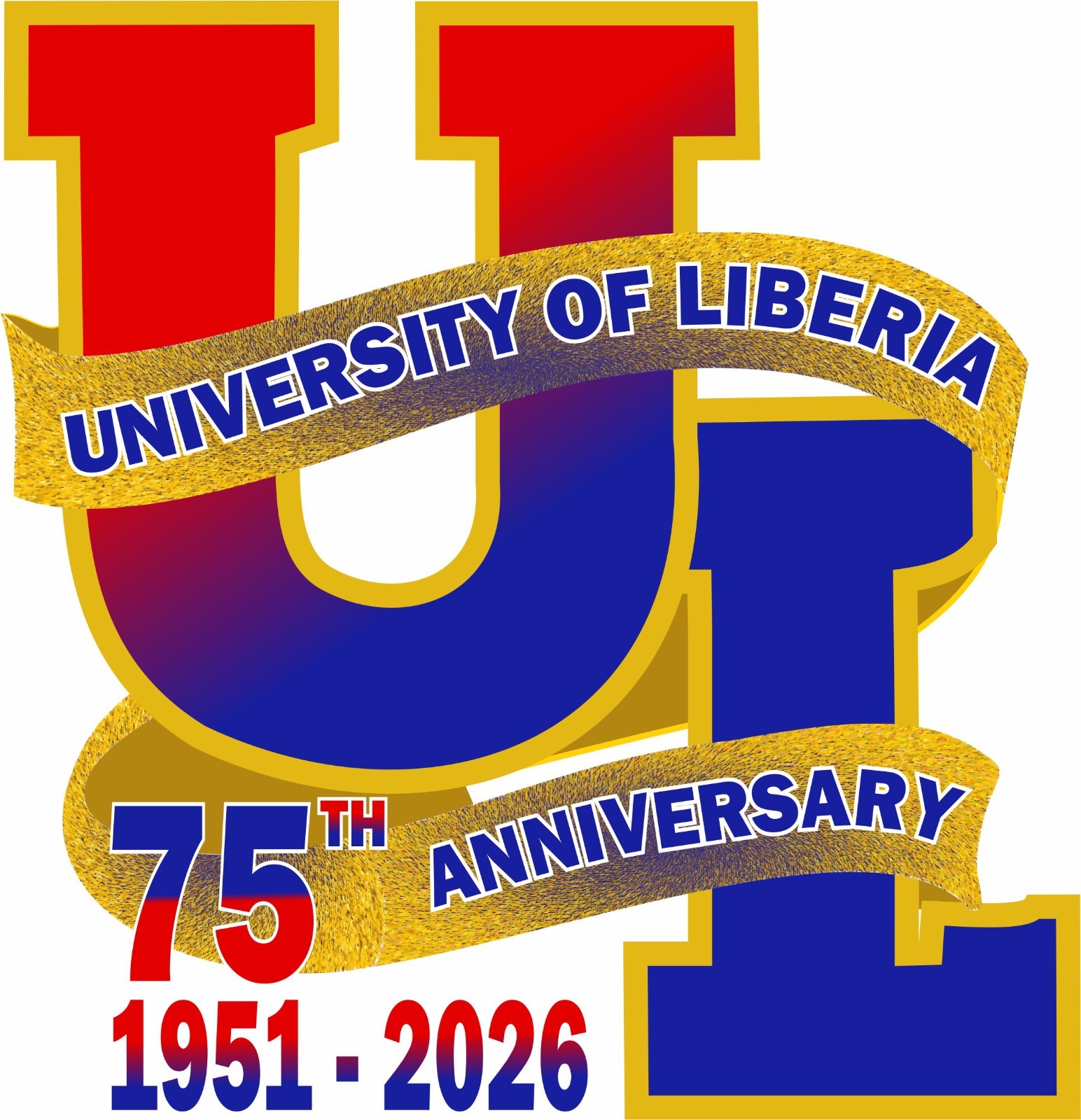Wreh Bemoans Deficit of ‘Policy Champions’: Implores Graduates to Take Charge of Implementing National Development Plan
In continuation of the University of Liberia (UL) 101st commencement convocation, the commencement speaker Mr. Del – Francis Wreh has challenged graduates to use their understanding of various concepts in their courses to the maximum for the society, while also ensuring that the private sector grows.
Addressing graduates at the S.K.D. Sports Complex Wednesday, February 24, 2021, Mr. Wreh, the Executive Director of Liberia Macroeconomic Policy Analysis Center ((LIMPAC), said he believed that once given the opportunity, the graduates can do more by championing more policies and programs that reduce poverty in Liberia.
“To our graduates, [given] the growing need for policy implementation champions and your desire to improve the livelihood of your people and communities, let me once again rally and challenge you to become the next generation of pro – poor policies champions,” said Mr. Wreh.
“You will face opposition from unexpected sources — friends, families, immediate workmates– like I and my team experienced during the harmonization of the central [government’s] payroll and the on-going national payroll [cleaning] exercise,” he added.
The commencement speaker reminded them that as they take on the role of championing the implementation of pro – poor policies, they must triangulate the ideas from the team members instead of strangulating their ideas and perspectives.
“Commit your conscience and time until the task is achieved. Yes, you have overcome greater challenges before reaching today’s graduation, so I strongly believe you can do it,” Mr. Wreh admonished and encouraged.
Addressing the shocking incongruity between Liberia’s natural endowment and its appalling poverty statistics the young economist blamed the lack of policy champions who are crucial to implementation and to ensuring programs and projects designed are rolled out according to specifications. “This collective failure to champion change, especially for the implementation of pro – poor policies, keeps sliding more and more of our citizens into poverty as our population grows.” He lamented and suggested that Liberians must “stand together” and champion pro – poor policies to remedy the ills that continue to hold Liberia back.
“It is the educated class of which you now belong, that can be positive agents of change by embracing policies that can increase our communities’ livelihood, and in so doing utilize your education for the common good,” he admonished the graduates.
Mr. Wreh explained some historical backgrounds on previous governments’ policies, recalling that former President William V.S. Tubman had two policies that were very pro – poor in nature and stood successfully–the Open-Door Economic Policy and the National Unification Policy. He asserted that these two policies had the most positive impact on the welfare of Liberians and the growth of the economy.
Talking about former President Ellen Johnson – Sirleaf’s administration, the commencement speaker reflected that “after inheriting a broken country in 2006, she championed the implementation of developmental and governance policies that transformed Liberia from a failed state to a functioning democratic state.
He indicated that during the Sirleaf era, revenue generation increased from US$80m in 2006, to US$488m in 2010 through the automation of tax administration.
For his part, the President of the University of Liberia, Rev. Dr. Julius Sarwolo Nelson, in his greetings earlier to the graduates, said he was excited to confer degrees on the graduates from the A. Romeo Horton College of Business and Public Administration.
“Indeed it has to be the Lord’s doing, and it is PLEASING IN OUR EYES!,” Dr. Nelson said.
“We know it has not been easy, but we also know that you have not made the journey lazy, you made it very busy, in preparing yourselves to form part of the black gown aristocratic society,” the UL President said to the thunderous cheers of gleeful graduates.
On behalf of the university, Dr. Nelson presented to the nation a workforce of young men and women who according to him, have gone through the ranks and files of their various departments and are now prepared and ready to fill in those gaps within Liberia and the world at large.
“Corporate Liberia is in dying need for professionals like you to fill in the gaps both in the private and public sectors,” he added.
At Wednesday
At Wednesday’s convocation, 472 candidates graduated from the Accounting Department, 156 from the Economics Department, 388 from the Management Department and 340 from the Public Administration Department.
Dr. Nelson challenged the graduates to go out and serve with distinction and yield exceptional results, adding: “The race is not to the swift, but he/she who endures to the very end.”
Delivering his valedictory speech, John F. Delphin from the Department of Economics, said that the challenges of acquiring education are not meant to paralyze one’s ambitions, but rather to strengthen them.
He said with the combination of patience, confidence, perseverance and diligence, success is inevitable.
“My fellow graduates and I, a few years ago, we matriculated at the University of Liberia and today we are leaving to face the challenges of the wider world,” he noted.
“We sacrificed a lot to be here. We could have said ‘being students of the University of Liberia is too tough and we quit,’ but we didn’t and that is why we are being honored today,” said Delphin.
The valedictorian mentioned that many of the graduates are looking forward to their next academic sojourn, hoping to secure sponsorship or scholarship anytime soon for a Master of Business Administration (MBA) and a Doctor of Philosophy (PhD), among others.
“But with an undiluted focus and relentless prayer, God will destroy the shackles of limitations and pour on us the oil of dignity for effective innovativeness,” he said.
He urged his fellow graduates to wake up every single day with the mindset that enough is nothing and arrive at the realization that enough can only be achievable when one works harder – recognizing God as the impartial supplier of their needs and wants.

